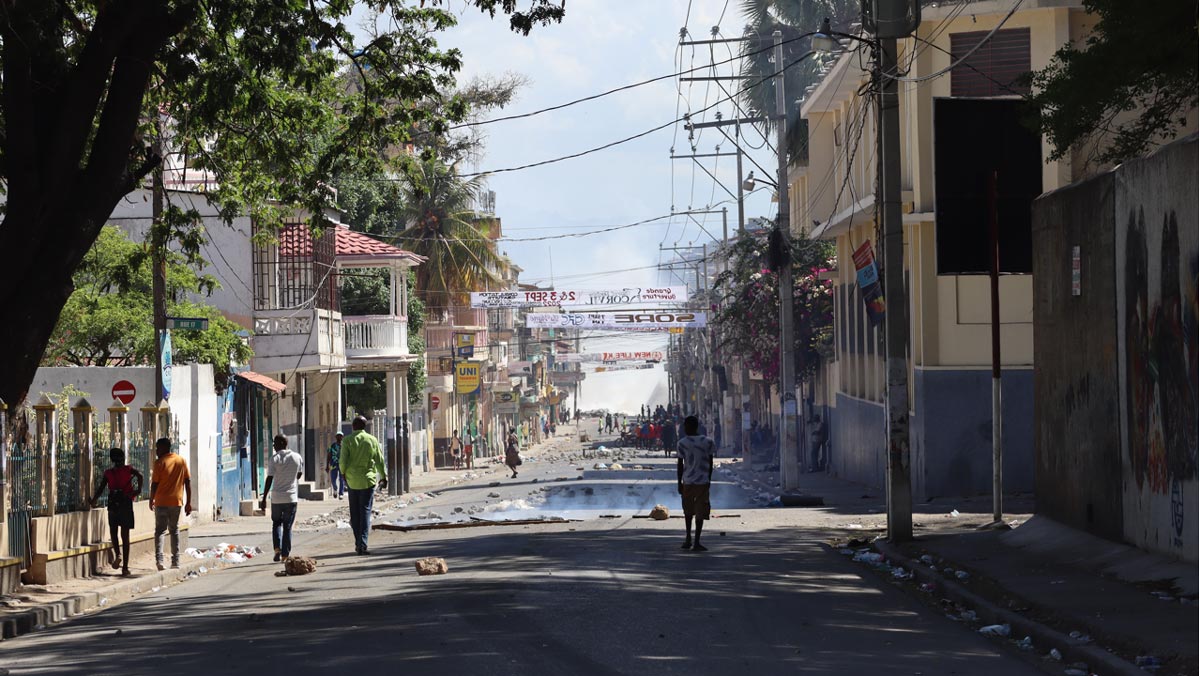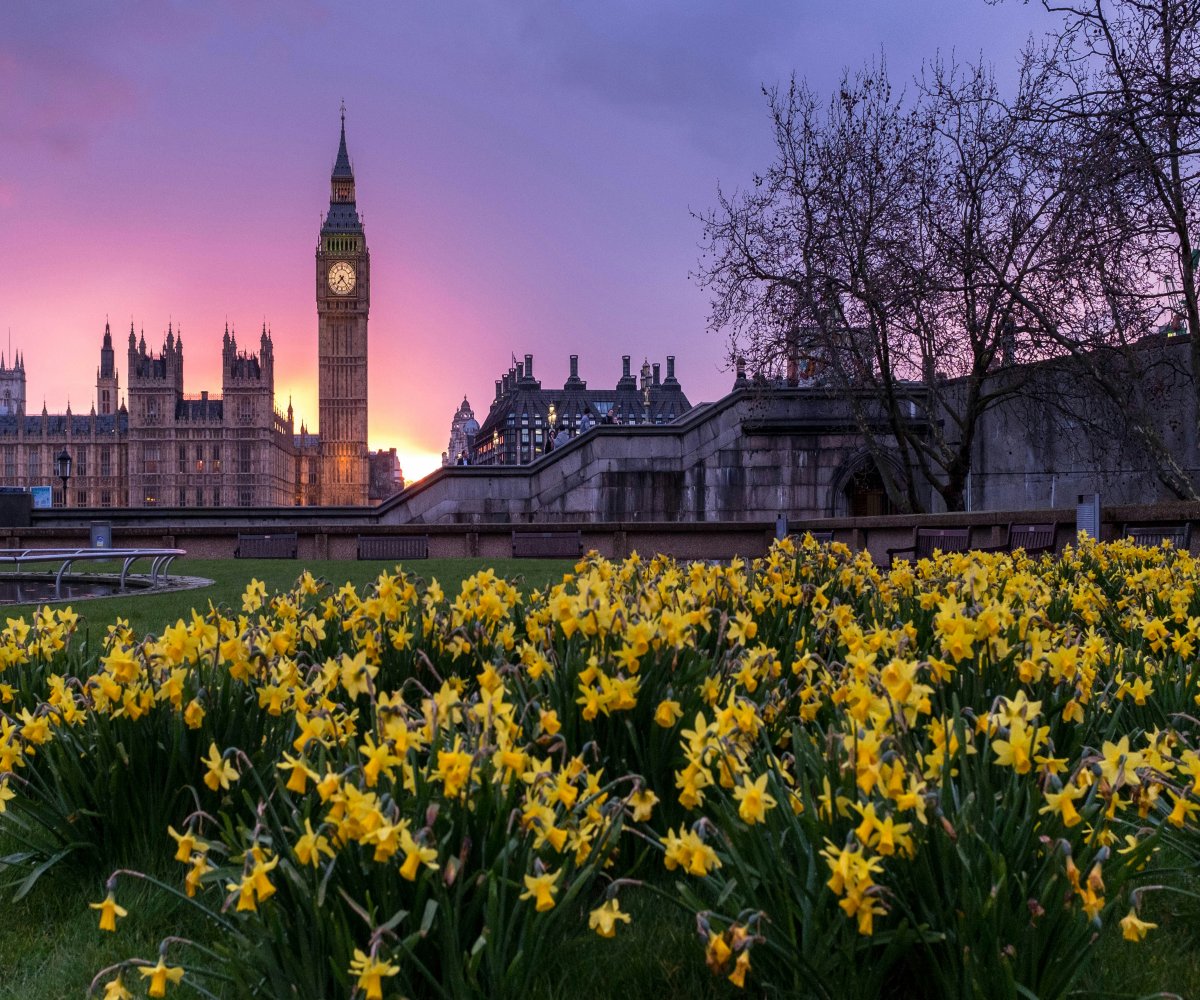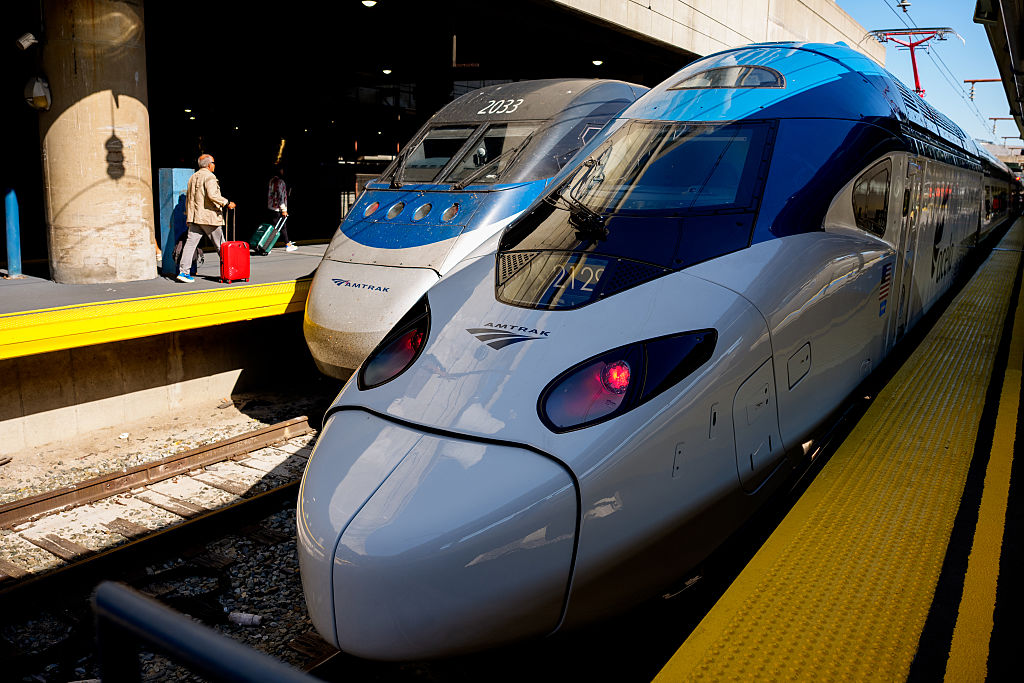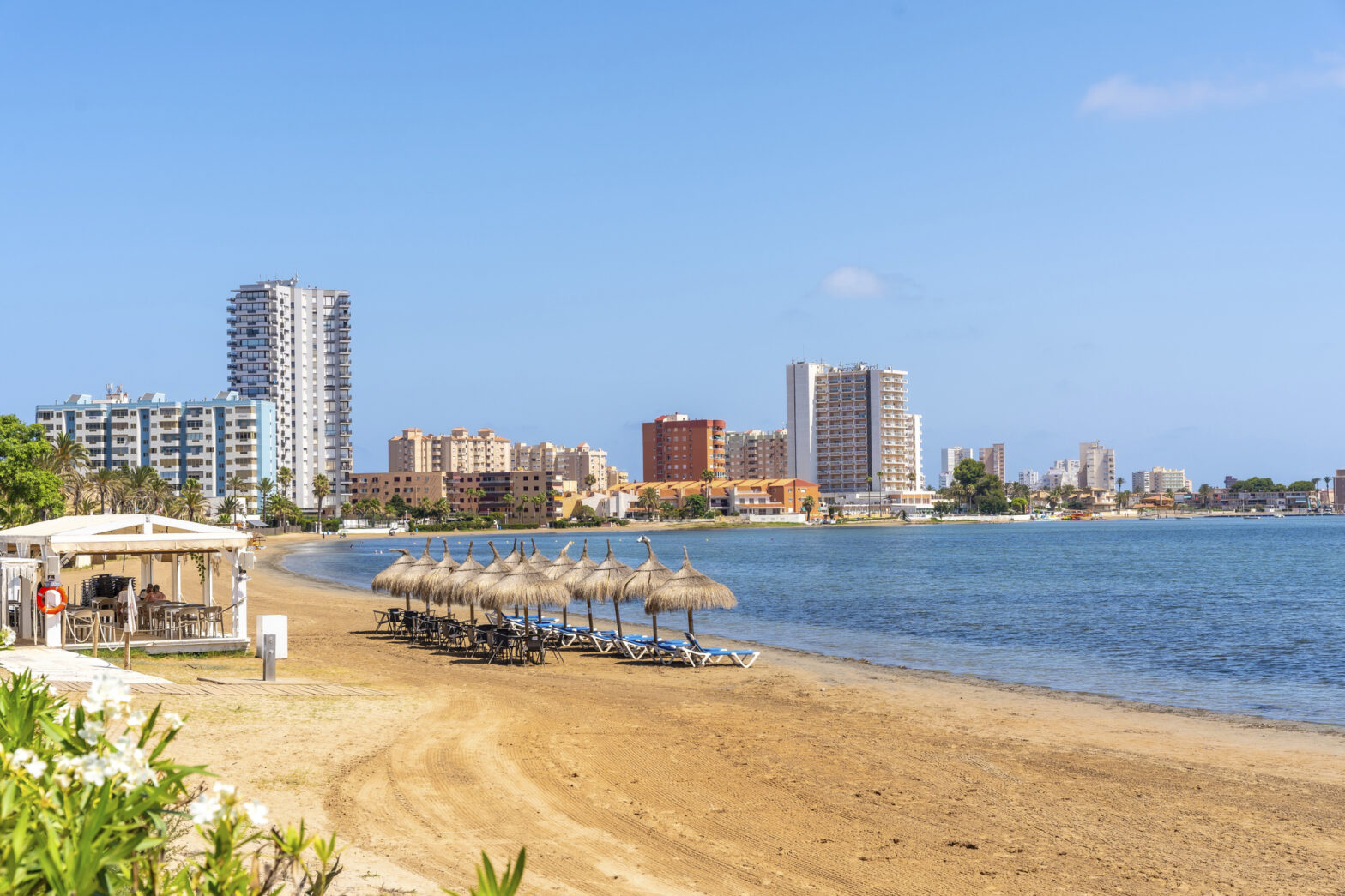Given the growing crisis in Haiti, it’s essential to engage in conversations that bring awareness to the country’s complex state of affairs. Specifically, hearing from those with cultural ties or extensive study of the nation and its people.
I had the fortunate opportunity to interview a woman who checks both of the aforementioned boxes.
As a woman of Haitian and African-American descent, Dr. Crystal Felima knows the current climate well. Much of her post-secondary academic work and career centers around various aspects of Haiti.
Dr. Felima is currently an Assistant Professor in Anthropology and African American & Africana Studies in the Department of Anthropology at the University of Kentucky. She is also a Co-Series Editor for Catastrophes in Context, Berghahn Books.
Born in Miami and raised in South Carolina, Dr. Felima was drawn to reconnect with the Haitian side of her familial lineage as a result of her dad passing away when she was four years old. She didn’t have a connection with her father’s side of the family growing up. However, a MySpace message in 2007 from a cousin served as a start toward reconnecting with her Haitian family members.
In our conversation, Dr. Felima shares, “In undergrad, I participated in a hurricane research program, which cannoned my interest in disasters and vulnerability in Haiti. ” She continued her research in graduate school. After spending 27 months conducting research in Haiti, she completed her doctoral studies on vulnerability and narrative research. Her current research agenda includes climate change, disasters, and social inequalities in the African Diaspora, specifically in Haiti.
This interview intends to paint a broader picture of the issues impacting Haiti’s progress as a nation and its people.

TN: For those who may be unaware, can you share your take on what’s happening right now in Haiti?
Dr. Felima: It’s really two-fold; you have the political insecurity of the country and gangs have a stronghold across several sectors in the society. There has been a heightened level of kidnappings and a lot of roadblocks, so people aren’t mobile; they can’t get from one place to another. Folks can’t do their normal commerce from the capital to other parts of the country. For example, if you’re buying goods in Port-au-Prince and then going to the north, you may encounter roadblocks on the major highways.
There are also safety concerns. In previous years, people would travel to Haiti and enjoy the tourist sites in the country. However, that is not the case at this moment due to kidnappings and gang activities. I visited Haiti in August [2022] for research and there were weekly, or sometimes daily, protests. Some of these protests were deadly or lead to injuries. There were some journalists who were harmed and also killed while they were documenting what was happening; they were caught in cross-fire and/or targeted. You also have gangs who are targeting police officers and journalists. So, overall, the political insecurity has just been heightened.
And then there is the issue of inflation and economic insecurity. Also, there is a shortage of gas. Days before I left Haiti, gas cost about $30 USD a gallon on the black market. So, people aren’t traveling as much. They aren’t doing their normal activities such as going to the city and shopping or traveling to the countryside to see family members. Motorcycle drivers and taxi drivers can’t get gas easily, which impacts their livelihoods because they can’t provide for their families. So, people are protesting inflation across the board, including food.
With the current political and economic issues in Haiti, I have to second guess if I can continue my travels there. The lack of tourism has huge ramifications for Haiti.
During Michel Martelly’s presidency, there was a tourist campaign inviting the Diaspora and others to Haiti to experience Haiti (the tourist slogan was ‘Haiti Experience It’. I think this really reinvigorated people to visit and invest in Haiti.
With the political insecurity – last year’s assassination of the Haitian president really spiraled things for Haiti – these efforts are halted. Along with the gangs, people are calling for the prime minister to resign. They are also calling for the American government to not be involved in Haiti’s elections and other governmental affairs.
It’s really interesting to see how all of these different issues have coalesced and impacted people because livelihoods are being impacted so much. People who support Haiti or who worked in Haiti can’t do their activities anymore. Some of those people (who are expats or Diaspora) have returned to the States or other countries. We also have an increase in people traveling to the Bahamas and to the US. Some are going to Chile to make their way up to Mexico to cross the border.
There are so many things impacting Haiti. People are really having a hard time right now.
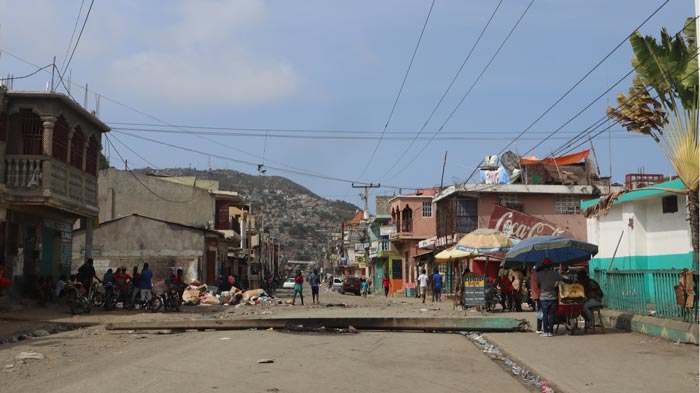
TN: What do you feel is missing or misunderstood in current conversations in the media related to what’s happening?
Dr. Felima: I think there needs to be more conversation about what’s happening in Haiti, honestly. I listen to public radio and there have been a few segments, a couple of minutes, here and there. You will hear more about the situation in Haiti on Island TV and other Haitian/Caribbean-centered media sources. However, if you do not know French or Creole, other language-speaking audiences will not be privy to the situation in Haiti.
So, if you do not have a certain level of invested interest in Haiti, then you will not know what is happening in Haiti. Those who have family, friends, and businesses in Haiti will know more information about Haiti and not others around the world.
I also think the situation in Haiti must be grounded in understanding the historical and governance issues that have created the political and economic insecurities we see in Haiti. People need to understand the context of Haiti being the first Black independent republic in the Western hemisphere and how that has impacted Haiti’s ability to integrate into the world’s economic system. There is the indemnity that Haiti had to pay France after it gained its independence. Then you have the debt Haiti had to pay because Haiti abolished slavery. Other considerations include ecological issues, the Duvalier dictatorship, and the US occupation [in 1915 -1934].
TN: With no presumption that you have all the answers, what are your thoughts on anything people of the diaspora can do or be doing? What is your take on what solutions look like or what needs to happen?
Dr. Felima: I think it requires people to come together and collaborate with intentionality. Some people think Haiti needs to have an intervention. This may be true but I am not sure what that looks like. Does this mean that the United States military and others go to Haiti to provide security? Or will it be the United Nations? And if there are United Nations, where will these troops come from? Brazil, Nepal, Chile, sub-Saharan Africa? Some people, of course, are skeptical about having UN troops intervene because of sexual abuse cases and the cholera outbreak which has killed about 10,000 Haitians.
The economic issue is very difficult too. People need gas. They need the food prices to go down. They want jobs as well. All of this is so complex and systemic that I don’t have the solutions for it at all.
However, I do think there needs to be another election. First, there must be a conversation about what that—and I mean democracy—looks like in Haiti. I also hope Haiti taps into the intellect, agency, and determination of Haitian women. I think if more women had more political roles and more power, Haiti would not be where it is today.

TN: What impact do you feel the US getting involved in the current climate will have on making things better or worse?
Dr. Felima: I think some Haitians are inviting the US to come in. I remember doing one interview with someone and he was like, ‘Just give Haiti to the US. We can’t do anything. Just give it.’ I thought that was interesting because he said, ‘Look, stuff ain’t working. And if Haiti is like a Puerto Rico or a US Virgin Islands, then so be it. It is what it is. We’ve tried this for 200 years and it’s not working.’
Then you have other people who protest in the streets carrying Russian and Venezuelan flags. They carry signs that say, ‘Down with the US!’ ‘Down with the US government!’ ‘Down with Bill Clinton!’ They carry these signs and are very adamant about saying, ‘No! We do not want the US to be here. We do not want US intervention!’
Some opinions in Haiti are polar opposites.
So, if the US gets involved, I am not sure what that looks like. If that means actual Americans occupying the streets to provide security – which I think is unlikely – it could be a very difficult situation in Haiti, a nation that is prideful in being the first Black, independent country in the Western hemisphere.
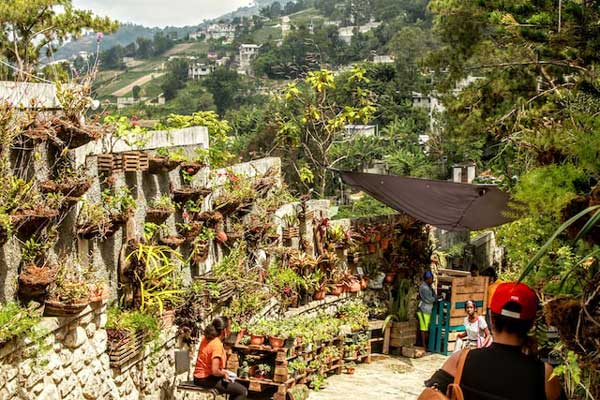
We closed out our talk with Dr. Felima asking what she loves about Haiti and her personal draw to Haiti that is often missing in the conversation about the country.
She attributes her passion for Haiti to her cultural connection and background, having a father who is from Cap‑Haitien.
“I feel like my cultural connection keeps me going for Haiti. It keeps me advocating for Haiti and Haitian people. I would like people to know that there are great people in Haiti. They just want an opportunity to be… people.
“It is important to not perpetuate a narrative of ‘oh, Haitian people are so poor, they have no agency, they have no self-determination.’ That is far from the case. Haiti is a great place to visit. It’s an amazing place to explore and immerse yourself.
“At this moment, the gangs and the political insecurity make it very difficult for people to do that. It may take Haiti a few years to reach the level where people feel comfortable visiting Haiti like they previously did.
“I know people who are interested in visiting Haiti; meeting the people and being in the clubs; eating the food and buying different artisan items and paintings. These experiences contribute to livelihoods – the travel, the food, the artwork. All of this supports people and their families.
“When people can’t make money, it impacts their personhood. So, the insecurities you see reverberate in all sectors of Haitian society, which has been very unfortunate.”
Related: Haiti Is On The Brink Of A Humanitarian Catastrophe, United Nations Warns | Here’s Why Thousands of Haitians Are At The US Border
